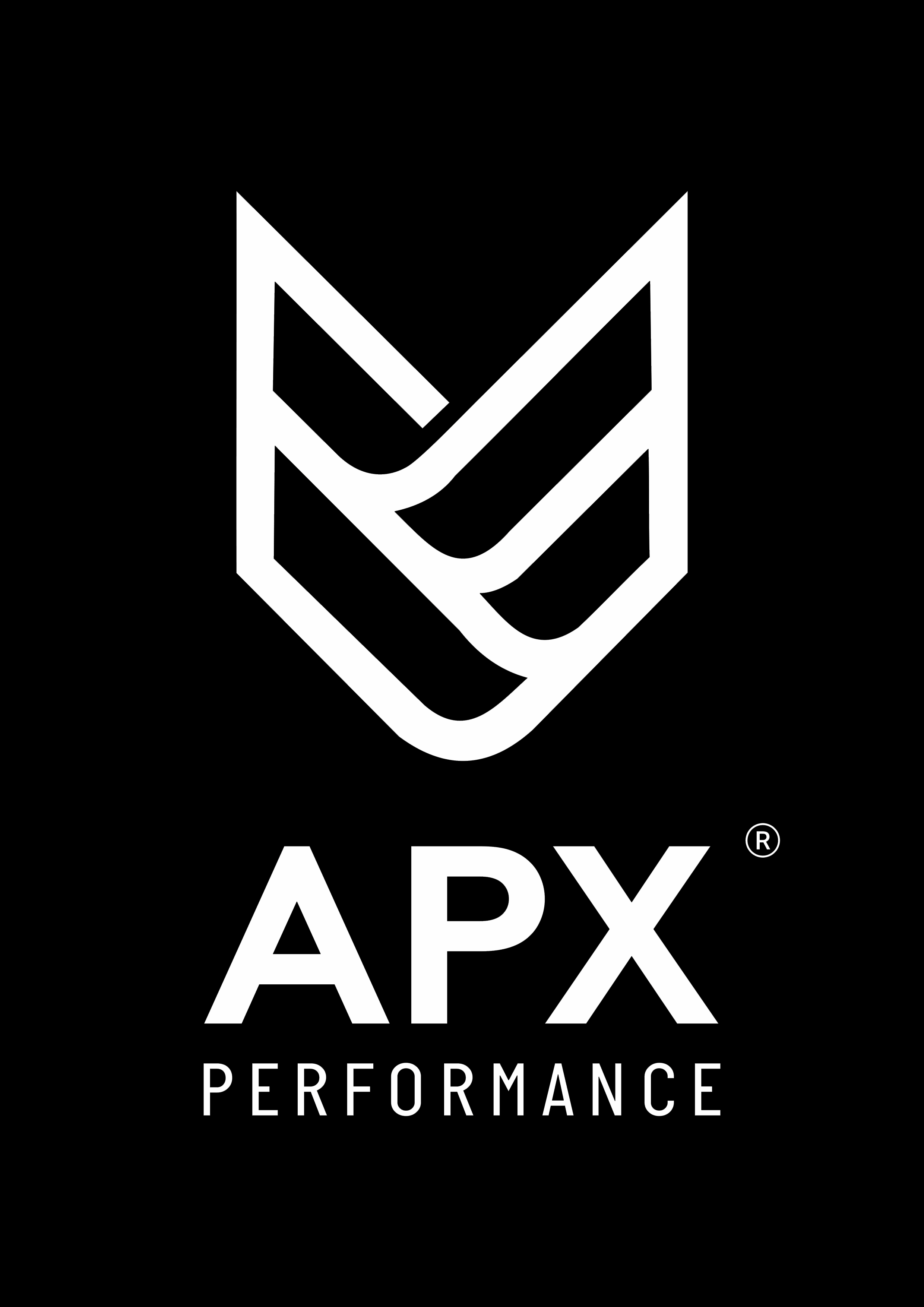The RFL has today announced details of a series of new and amended rules which will apply across all domestic competitions including Super League, Super League Academy, Co-operative Championships and community Rugby League matches in the 2012 season.
The rule changes come into force on Boxing Day and have been approved by the RFL Council following proposals from the RFL’s Laws Committee, a body comprising past and present players, coaches and administrators that was formed earlier this year.
The most noticeable changes will see the number of interchanges permitted during a game drop from 12 to 10, with the number of interchanges allowed in Super League Academy games dropping even further to eight.
From 2012 onwards, a player who comes into contact with a corner flag during general play, whilst in possession of the ball, will no longer be deemed to be ‘in-touch’.
“The objectives of the changes are to ensure that Rugby League retains its place as the most exciting team sport in the country,” said RFL Chief Executive Nigel Wood, who chairs the Laws Committee. “Rugby League prides itself on being a fast paced, entertaining sport and these amendments will ensure that remains the case.
“The Laws Committee was set up with precisely this idea in mind and will continue to analyse the rules and discuss ways in which we can improve the current system to make the game the most entertaining spectacle it can be. I am confident that the 2012 season will be one of the most exciting seasons to date.”
Further changes will see match officials instructed to adopt a more lenient approach to players who carry on playing after the referee has called “held” in a tackle. Instead of awarding a penalty, referees will now instruct players to return to the position on the pitch where the call was initially made and play the ball.
The remaining changes will allow players to use a drop-kick method when attempting to score a goal following a try and new interpretations of touch-in-goal and dead-in-goal scenarios implemented.
The community game at Tier 3 and Tier 4 will adopt the changes listed with the exception of the interchange amendment, which will be subject to local competition rules.
The law changes and amendments in full are as follows:
Players carry on running or pass the ball after the referee has called ‘held.’
Players often struggle to hear the referee call held in an upright tackle. The award of a penalty is often seen as harsh. To allow the team to retain possession and continue with a play the ball the following Law should be amended.
Amendment – Section 11 – Law 6: Verbal instructions to resolve doubt.
If any doubt arises as to a tackle, the Referee should give a verbal instruction to ‘play on’ or shout ‘held’ as the case may be. If the referee is of the opinion that the player in possession could not hear the ‘held’ call before passing or running off with the ball he should instruct the player to play the ball at the point where the player was when ‘held’ was called unless it occurs after the fifth play the ball in which case a handover will apply.
Touching the corner post when in possession is not touch in goal.
Because the corner flags do not always stay upright it is felt that they could have an adverse effect on the game if they are not erected correctly. Some of them lay at an angle which could both help and hinder a team in defence. Currently if they are touched at any time while in possession then they are considered touch in goal.
Amendment – Section 9 – Notes 2 – Corner Post
A corner post placed at the intersection of a touch-line and a goal line is in touch in goal if the ball touches it when no one is in possession. If a player carrying the ball comes into contact with the corner post during general play then they are not touch in goal. It is a duty of the touch-judge to replace a corner post which is displaced during the game.
Interchange to be reduced from 12 from four named players to 10 from four named players.
Amendment – Section 4 Law 2 (a) – Substitutes
Each team may nominate a maximum of four replacements before the start of the game. Their names along with those of the players must be given to the referee before the start of the game. A maximum of 10 interchanges will be allowed from the 17 named players.
Standardise method of conversion and penalty goals
Amendment – Section 6 Law 6 – Goal how scored
A goal is scored if the whole of the ball at any time how scored during its flight passes on the full over the opponents’ cross bar towards the dead ball line after being kicked by a player (and not touching or being touched in flight by any other player) in any of these circumstances:–
(a) by a place kick or a drop kick after a try has been scored and counts two points
(b) by a place kick or a drop kick when a penalty kick has been awarded and counts two points.
Standardise when players are in touch and gone touch in goal or dead in goal
The times when players are classified as in touch or not is quite confusing in different areas of the field. The new law will standardise when a player is in touch or has taken the ball dead. Where the ball has bounced in the field of play any player who plays it will need to be in the field of play otherwise they will be deemed as having taken the ball into touch, touch in goal or dead. Players must let the ball touch the ground (which includes the touch line, touch in goal line and dead ball line) or an object in touch for it to be classed as in touch if the ball has first bounced in the field of play. If the ball is caught on the full from a kick by a player who is in touch then the kicking team will be deemed as having taken the ball into touch, touch in goal or dead.
Amendment – Section 9 Law 1 Ball in touch
The ball is in touch when it or a player in contact with it touches the touch-line or the ground beyond the touch line or any object on or outside the touch line except when a player, tackled in the field of play, steps into touch as he regains his feet in which case he shall play the ball in the field of play.
The ball is in touch if a player jumps from touch and while off the ground touches the ball providing the ball has not bounced in the field of play. The ball is not in touch if during flight it crosses the touch line but is knocked back by a player who is off the ground after jumping from the field of play.
Amendment – Section 9 Law 2 (a) Touch in Goal
The ball is in touch in goal when it or a player in contact with it touches the touch in goal-line, or any object on or outside the touch in goal line.
Addition – Section 9 Law 2 (b) Dead in Goal
The ball is dead in goal when it or a player in contact with it touches the dead ball line or any object on or outside the dead ball line.
Addition – Notes to Section 9 4. Ball dead and in touch
Where the ball which has bounced or has been passed in the field of play or the in goal area comes into contact with a player in touch, touch in goal or over the dead ball line, the ball is deemed to have been made dead or taken into touch by that player. Where the ball is played at from a kick that has not bounced in the field of play by a player who has at least one foot on the touch-line or in touch then the ball is deemed to have been made dead or taken into touch by the kicking team.
Remove Note – Dead Ball Line Restarts
Should a kick be made dead by a defending player straddling the dead ball line or touch in goal line, play will restart with a goal line drop-out.
The following law changes apply to Super League Academy (Under-20) and Super League Cup (Under-18) competitions:
Interchange to be reduced from 12 from 4 named players to 8 from 4 named players.
Section 4 Law 2 (a) – Substitutes
Each team may nominate a maximum of four replacements before the start of the game. Their names along with those of the players must be given to the referee before the start of the game. A maximum of 8 interchanges will be allowed from the 17 named players.
Introduction to 2012 refereeing protocol:
“To ensure the game of Rugby League remains an attractive spectacle and to enable the match officials to best manage the conduct and flow of matches, referees will be encouraged to exercise their judgment where players infringe the rules. Intentional or reckless foul play; and persistent or deliberate technical infringements in order to gain an advantage will not be tolerated, however referees will be asked to assess the impact of these infringements on the conduct and flow of the match and act accordingly. Where possible, and where no direct advantage has been gained, play should be allowed to continue to ensure that the flow and conduct of the match is uninterrupted and stoppages are minimised.”







